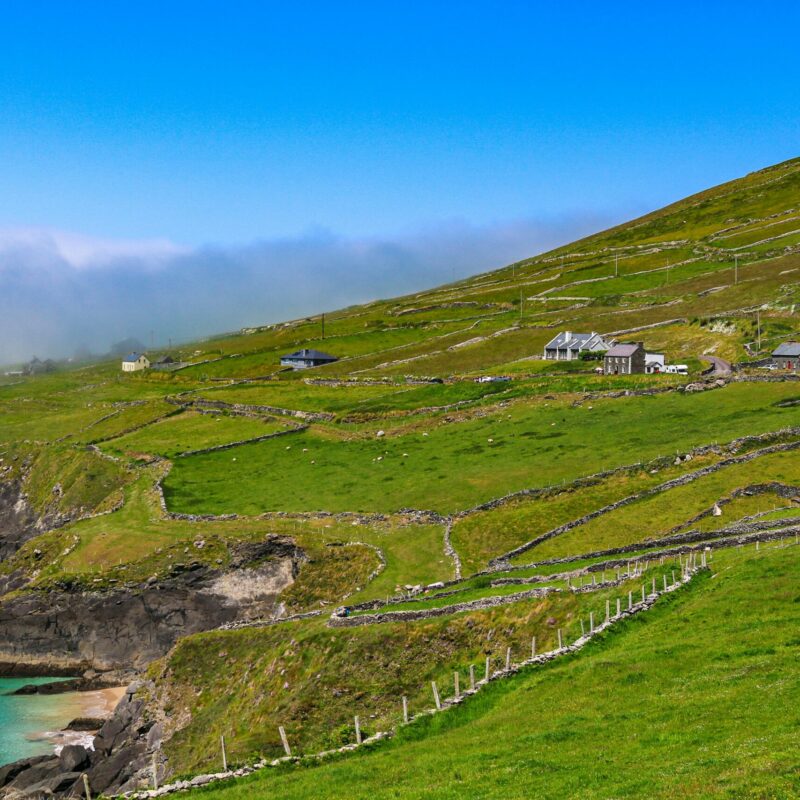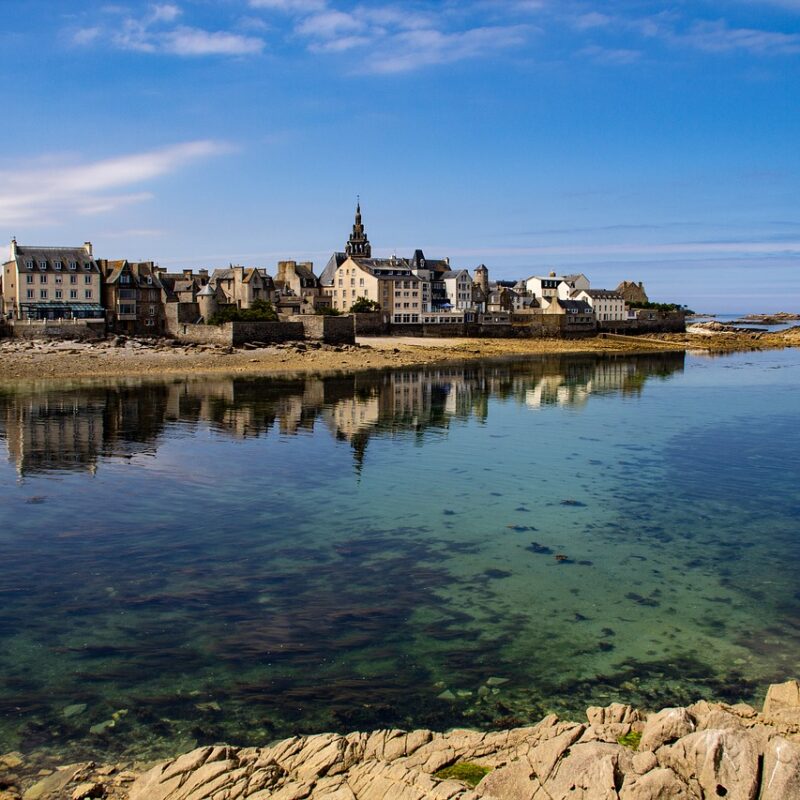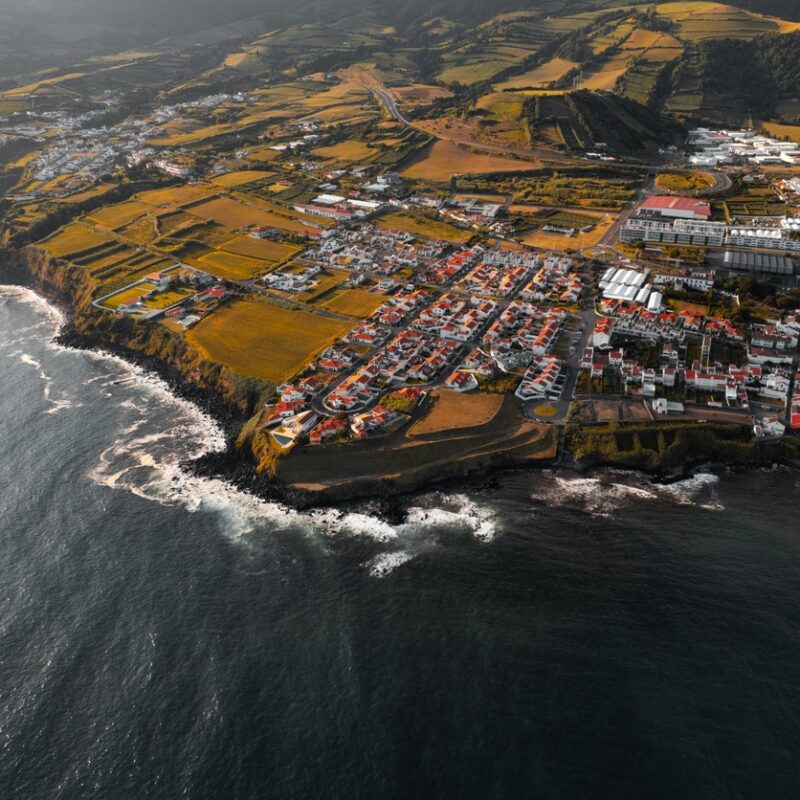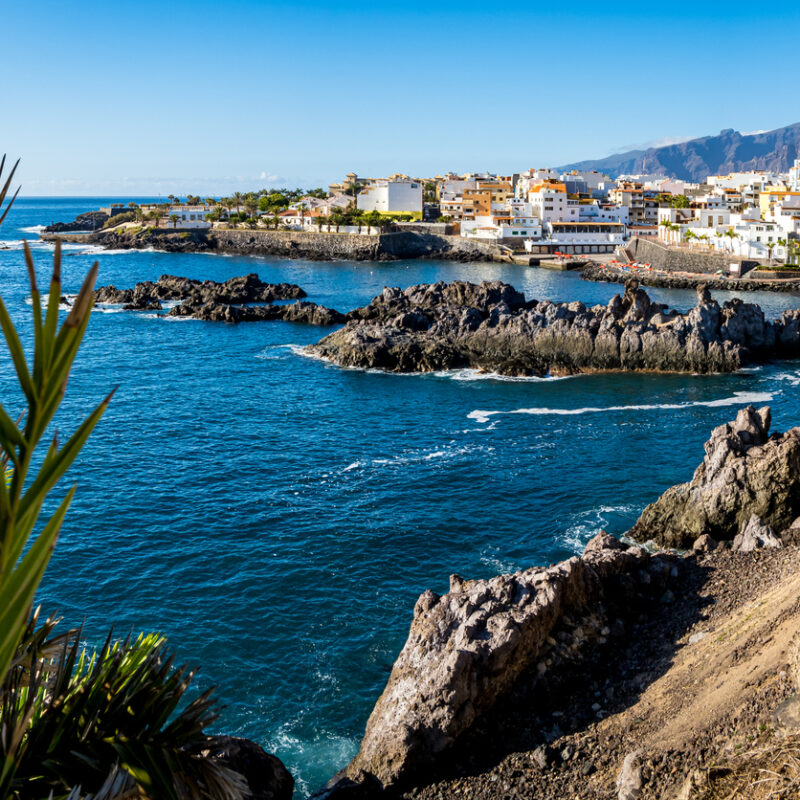In the scenic South West corner of Ireland, project partner UnG’s office building comprises 10 offices behind separate meters. The creation of an EC will enable the load profiles of each to be aggregated, and solar and battery systems will be deployed to maximise their self-sustainability. Although the energy sharing regulation of the EU Directives has not yet been transposed in Ireland, the Dingle pilot will act as a testbed for Irish regulators to implement practical mechanisms in the transposition process. Other larger industrial sites in Ireland will also be assessed and analysed.
THE SAtComm PILOTS
New EU Directives have been implemented which place the energy citizen at the centre of the transition, and each jurisdiction is transposing these into law to suit their energy markets. SAtComm will deploy 5 pilots in the 4 AA jurisdictions to suit the regulation of each respective country, while designing the Energy Management Systems to be flexible to meet the requirements of each.
Ireland
France
Portugal
Spain
Canary Islands


PILOT 2
WEST CENTRAL BRITTANY, FRANCE
Located in the West Central Brittany area of France, the cases of peer-to-peer renewable electricity exchanges focus on collective self-consumption and the implementation of regulations relating to ECs. The aim is to implement a collective self-consumption project on an inter-communal scale and install 6 PV installations on community buildings. Some of the electricity produced will be fed directly into the buildings housing the PV installations, with the surplus fed into the public distribution network to be distributed to other public buildings as part of a local energy loop, also known as an “open collective self-consumption operation.” 70% of the electricity produced will be self-consumed by the buildings involved in the project and the surplus not self-consumed will be sold to the project’s balancing manager. All members of the operation, whether producers or consumers, are located within the same 20km diameter perimeter as per legislation and fitted with smart meters to record the flow of electricity.
PILOT 3
SINTRA, LISBON, PORTUGAL
An Energy Community will be established at Esquadria, an industrial company in Sintra near Lisbon, Portugal. This initiative will bring together Esquadria and potential consumer members, including nearby companies and residential users, who will benefit from cleaner and more affordable energy. The community will combine solar generation capacity with an energy storage system, enabling optimized self-consumption and smart grid interaction for greater efficiency and sustainability.
The EC will operating under the collective self-consumption framework, which allows a group of self-consumers to organize without legal personality and join voluntarily. The system will be managed by EGAC, ensuring that nearby members can produce, share, and consume renewable energy together.


PILOT 4
CORUNA, SPAIN
This trial will collect data from different real scenarios and energy sources to be used to model different EC elements based on historical data, user profiles, and load types as individual units. A mixture of industrial and residential premises will be included with the resultant EC sharing energy based on Spanish regulation.
PILOT 5
UNIVERSITY OF LA LAGUNA, TENERIFE, CANARY ISLANDS
An EC will be formed between the University and surrounding student accommodation premises. Solar installations on university buildings will be shared with members offering a reduced tariff to students renting apartments in an area of 2 km from the PV generation meter (as currently available by the Spanish regulation). The university has direct communication with all students and tracking of residential data for each one, and it can be managed based on the current regulation on personal data protection.

